Bluebird & Grand Theft interview
We spoke with the drummer of Bluebird/Grand Theft and also with their manager, Burl Barer.
Interview:
Thank you very much for your time and effort. Where did you grow up and what were some of the influences on you as a young kid?
Phil: I grew up in a couple of places. Until I was 7, it was Bellevue Washington. Then I spent a year on the south coast of England. At 9 I returned to the US and lived on Mercer Island [in Washington] through my teenage years. Musically, I was originally brought up listening to classical and show tunes (my mother’s influence). When I was around 12 or so, I got my first transistor radio (YAY!). I began listening to pretty much the standard top 40 of the time. When The Beatles hit, well, that kinda changed everything (obviously). From that point it was British Invasion music. The great thing about that was the diversity. From The Rolling Stones, Manfred Mann, Eric Clapton and the Blues Breakers to all the folk music that rode in after. The most influential band, for me, was The Byrds. I loved those guys.
Were you or others in any bands before forming Bluebird?
The Thymes — with David Baroh, Marc Connelly and John Soltero.
Phil: David Baroh and I were in a number of high school basement bands (we always ended up together). We played with some pretty talented folks who sort of came and went as the mood struck. We did a lot of covers and even ran off a few blues type songs when the current fashion was to just do dance music.
The Banned — with David Baroh, Gregg Bigsby, Greg Bigsby and Marc Connelly.
How did Bluebird came together?
Phil: After we graduated high school, David went off to do whatever he did , and I went to work for a bank trying to earn enough to pay for college. One day, into my second semester at college, I got a call from David saying he was putting together a group with bass player/vocalist Kevin Marin (whom we had met a couple of years earlier during a ‘Battle of the Bands’, and were pretty impressed with) and would I be interested in joining up on drums. I told David I would have to think about it because I was in school. So, about 10 minutes later I said yes. Kevin brought in a friend of his named Tony Pugel, on guitar, and that was the fledgling start of Bluebird. Tony left after a couple of months, and another Mercer Islander, John Soltero hooked up with us and that was the last piece of the puzzle.
Burl: Bluebird was formed in August of 1968 by guitarist/singer David Baroh from Mercer Island, and bassist/singer Kevin Marin from Kent, also a Seattle suburb. They had been friends for several years and decided that they wanted to put together a group that reflected their love for vocal oriented rock & roll with country and folk music elements. Their band would follow their influences like The Beatles, The Everly Bros., The Byrds and Chuck Berry, as well as writing their own songs. Dave convinced his long time Mercer Island school buddy and fellow musician Phil Klitgaard to join on drums. Kevin brought in guitarist Tony Pugel from a group they had just disbanded. Borrowing from a phrase of a Moody Blues tune that reads “….bluebird flying high, tell me what you see…..”, Dave christened the group “Bluebird”. After a few months of rehearsals and a few local gigs Tony left the group and was replaced in March of 1969 by John Soltero, another Mercer Island school chum of David and Phil and a band mate of Kevin’s in their group The Loose Chippin’s. This wound up being the most permanent and popular line up, lasting nearly five years. Bluebird was now in flight.
By this time in the Great Northwest the heady days of the early to mid sixties were beginning to change drastically and the next generation of rockers were raising up and beginning their own journey to what they hoped would be rock stardom. A number of famed legendary Northwest bands out of the fifties and early sixties like The Ventures, The Wailers, The Kingsmen, Paul Revere and the Raiders, The Sonics, The Viceroys, Don The Goodtimes, Merrilee and The Turnabouts, Mr. Lucky & The Gamblers, Little Bill and The Blue Notes, The Regents, The Imperials, Tiny Tony and the Statics, The Bards, The Dynamics, and fellow Mercer Island school mates The Bandits, all helped to pave the way for interm groups that rose out of the mid-sixties British invasion and “hippie” underground movement. These bands included The Daily Flash, Emergency Exit, The West Coast Natural Gas Co., The Liverpool Five, Fat Jack, The Crystal Sect, The Magic Fern, Crome Syrcus, P.H. Factor Jug Band, and The Floating Bridge. By the end of the decade as these groups began to break up and reform, a new bunch of bands were on the move heading out of the sixties and into the seventies. Their musical roots firmly entrenched in the Northwest rock scene, these bands and artists included Jr. Cadillac, Bighorn, Springfield Rifle, Shy Anne, Sweet Rolle, Child, Calliopy, Locomotive, Lud Stetson and The Firetones (featuring premier guitarist Bob Rice), Merrilee Rush, Heart and of course Bluebird.
In late 1968 at the urging of noted bassist Jeff Beals (ex-Imperials and Kingsmen) Dave was encouraged to persue his interest in the pedal steel guitar and became the first northwest rock roll musician to utilize the then exclusive country music instrument, which he continued to play for many years, as well as the mandolin. John, already a highly acclaimed lead guitarist, was performing on the 5-string banjo and honky tonk piano as well. With their unique song writing skills that featured precise vocal work, Kevin’s tight harmony arrangements, and top notched musicianship, the group became a favorite amoung fellow musicians and fans alike. By 1969 and 1970 Bluebird and their fine blend of country and rock music was heard in concerts and clubs all over the Pacific Northwest, including many appearances at the famed Trolly Club in downtown Seattle. The band quickly developed a loyal following and for a time in the late sixties and early seventies they were amoung the top name acts on the Northwest music scene. They enjoyed numerous and still talked about personal appearances with “name” acts such as their memorable appearance at Eagles Auditorium with Joe Cocker (booked by Jeff Beals from the GEC entertainment agency), club dates with Golden Earring, David Gates and Bread, The Steve Miller Band, Rick Nelson, and the openning act on the third day at the legendary 1969 Sky River Rock Festival. The band also enjoyed a special relationship with well known KJR and KOL disc jockey Burl Barer who produced several of the groups records and was a key player in getting their recordings on the radio. They worked with well known northwest record producer Jerry Dennon who produced The Kingsmen’s “Louie Louie”, The Wailers, The Sonics and many other popular northwest acts. They did a record (Country Boy Blues) produced by Terry Jacks (of The Poppy Family and “Seasons in the Sun” fame) released on the London lable in Canada. They had a number of eclectic record releases over the years starting in the fall of 1969 through summer of 1973.
The most popular was their Northwest regional hit “Modessa”, written by Dave and Phil, released in1971 on Dennon’s Burdette lable. This was produced by Burl Barer. The flip side, Goin’ Down, is a jazz influenced piece with a great guitar solo.
They also recorded many studio tracks, all original material, and “live” concert dates. Some of these tracks were slated for a future album but were never released. Then there was a special recording project featuring Dave, Kevin and Phil which was produced by Burl Barer. Could this be the infamous beginings of Crowbar, Riley, and P.K. known to the cosmos as Grand Theft? Yes, but that story is for another time! Bluebird pressed on seeking the break that would take them out of the confines of the Northwest and into the stratosphere of national stardom. But it was not to be, and after scores of concert and club dates, radio shows, and TV appearances, the band seemed to finally run it’s course at the end of 1972. John left in early 1973 to briefly form his own group with Pat Hewitt (later of The Rangehoods) called Winchester. Bluebird soldiered on with long time friend Emerson Hoefs (ex-Trolly) replacing John on lead guitar. The boys tried a more commercial approach to their sound, dropping the long time country elements of their music. This worked for a time as the group kept busy with road gigs. But in July of 1973 Kevin and Emerson left the band to form Windfair with Kevin’s brother Kim on drums. At that point, bass guitarist Ric Niemer was called in and left his group Big Top from California and joined up with Dave and Phil. The three of them cut the next Bluebird single, “Needles and Pins”, with Dave doing all the vocal and guitar parts. Guitarist Tom Chapman (a friend of Ric’s) was then added when he left his group Inner City Romance and joined up. This musically powerful line up lasted for several months’ worth of gigs but the band just did not follow the same path as the previous line up. So in late November 1973 this version of Bluebird was laid to rest. Dave and Phil continued on together doing several gigs with bassist Gary “Orville” Barnes and guitarist Craig Critchfield, as Bluebird. But they finally let go of the name at the end of the year and in January of 1974 they became Nash Rambler. Unfortunately, this line up lasted only untill March of 1974 when Dave and Phil finally called it quits after a difficult Alaska road trip. After five and a half years the Bluebird era was over. Phil sat in with several bands that year and then retired from active duty at the end of 1974. Dave went on to his next project, a group called Unicycle that re-united him and John Soltero, with bass guitarist Garey Shelton (ex-Unholy Rollers, Jr. Cadillac and Jesse Collin Young) and drummer Steve Yusen (of Gold Rush and Freddy and The Screamers). Steve is now a popular fixture with the Seattle jazz scene and performs regularly with the Fred Radke group and Brian Nova. Bluebird also helped spawn the country rock scene during this time and groups like The Skyboys, Lance Romance, The Ryders, and Wagon Wheel Willy carried the banner successfully for years to come.
Fortunately, a number of years later, in 1980, a compilation album of demo songs from early 1969 sessions and the bands single records releases from the Jerry Dennon days (1969 to 1971) was released on Dennon’s Piccadilly lable called “Country Boy Blues”.
You released a couple of singles on Jerden and Burdette labels. I would like if you could tell me about those recording sessions?
Phil: The first recording we put out (and if you can find one of these, you’re a better man than me) was I Shall Be Released b/w Billy Drake. The session was pretty much a one shot deal. I think we were in the studio, which belonged to Neil Rush, for about two hours. It was a pretty raw effort, but, for us, it was our first chance to do some kind of studio work. Our second recording, this time for Burdette, was Modessa b/w Goin’ Down. This was in the days when 4-track was a big deal. We got to take a lot more time putting this together, and the results were a lot more satisfying. By this time Burl had come on board as producer/manager and was instrumental in getting us exposure.
Burl: Modessa was a fan favorite in the northwest, and Bluebird was under contract to Jerry Dennon’s Burdett label. First we went into the famed studio used by most of the Northwest bands, but it just didn’t feel right for us. We asked Jerry if we could use a different studio and engineer and he was most cooperative. There were certain things, as producer, I wanted to do with the song. I wanted the same drum sound as on Simon and Garfunkel’s THE BOXER. They got the sound by putting the bass drum in the bottom of an elevator shaft. We didn’t have an elevator shaft. We recorded the drum, double tracked it with echo and slowed it down, and got basically the same effect. The two other things I really wanted were horns and strings…but the horns part wasn’t charted, and I’m not a musician.. and I can’t sing. I only wanted them to play three notes in upward progression…it took a while to communicate what i wanted, but the horn players nailed it perfectly. The string parts were easier, and the repeat echo effect on “Modessa” was perfect. The song was originally intended to be submitted to The Byrds’ Roger McGuinn, but our attempts to get it to him repeatedly failed. Years later, Roger and I were together and I gave Roger a ride to his hotel after a gig. I told him the story behind Modessa, and played it for him. “I love it,” said Roger. “If we would have heard it back then, I can tell you right now that the Byrds would have recorded it.”
The song was a top ten hit in the Pacific Northwest. As I was a DJ at KOL radio, I couldn’t have any financial interest in its success, but I’m proud of it, of course.
Where did Bluebird play…did you do any touring?
Phil: Nope, no touring. We were playing mostly school dances, some concerts, a lot of taverns, and even a telethon! We played with Rick Nelson for three nights, Bread, and a number of local groups at locally sponsored ‘freebie’ concerts.
Grand Theft came out as a side project of Bluebird, right? Same members as in Bluebird?
Phil: The original Grand Theft was just David, Kevin and me. John had way more sense than to get involved. A second run at trying to put something together also included our new guitarist (John had since left the band completely) Emerson Hoffs.
Burl: Dave, Kevin and Phil were Grand Theft. Rick Keefer, the engineer at Seattle West Recording Studio set all the controls for the same settings as used by Led Zeppelin, the guitars were intentionally put out of tune, and the entire LP was recorded in one take direct to Scully two track machine with no overdubs.
Yes, it was a joke, and a satire. Going along with the joke was Steve Breen of White Front who made Grand Theft the White Front album of the week. There were only 1000 copies pressed. They are now worth a lot of money, and it has been bootlegged all over the world and is taken seriously by many who don’t know better
Is it true, that you released this album as a some kind of parody on hard rock, that became more and more popular?
Phil: True!
So how did it all started? Do you remember some of the early sessions?
Phil: For Grand Theft? We had been talking about how we thought that some headbanger groups could just throw together anything and put out an album, while we were dealing with integrity (*cough, cough*). One evening after practice, and after John had left, the three of us just jammed our brains out while tape was running on our Sony 2-track. We played the tape for one of the local DJ’s and a compatriot of Burl’s, Dale Unruh (aka Chris Hill), and he loved the idea of it, so much so, that he laid down the applause/cheering from the Woodstock album. We played it for Burl, and his ever inventive mind went to work. One night, after a gig at a local club, we ended up at a Denny’s restaurant and started putting some ideas on the napkins. Those ideas eventually morphed into Grand Theft The White Album. The session was semi-controlled chaos. We had been laying down demo tracks all day, and were pretty burned out. John took off after it was over, and Burl said we had some studio time left. Well, one thing led to another and.viola, the saga begins.
Burl: Sessions? What sessions! It was all done in one take! I appear on the LP doing voice on Depression City RFD and on the very bizarre end tracks…
In 1972 you released your LP on private label (which one and what can you tell me about it?)
Phil: Not much, I’m afraid. Burl might know more about that than me.
Burl: A very private label — NONE! The label is black with grey/silver lettering. It simply says GRAND THEFT. There is no album art. White jacket with a hole exposing the label of the LP.
I would like if you could share some of the strongest memories from producing and recording your LP?
Phil: Mostly, I remember how much fun it was just to cut loose without any expectations.
Burl: Strongest memories? Chet Tozer screaming “It’s Eating me Alive!” at the beginning….Dave screaming “meat midgets..kill em kill em!” Hey, the experience lasted exactly as long as it takes to listen to it.
We did record a follow up…aintagottanoburgers….some of that lp is on the CD HIKING INTO ETERNITY. We recorded that at the same studio with the same exacting process of rampant innovation and carelessness. We did have additional talent on the second LP….hey, who wouldn’t want to be involved?
What gear did you use?
Phil: Rogers drums, Zildjan cymbals.
Burl: Whatever the gear was at Seattle West.
What can you say about the cover artwork?
Phil: For the Bluebird album, I wasn’t involved so I don’t have a clue. For Grand Theft. The LP was the artwork by David’s extremely talented daughter Julie.
How many copies were made?
Phil: Too many/not enough?
Burl: 1000.
I will wrote down all of the songs from the LP and I would really appreciate it if you could comment each of them:
Phil:
A1 Scream (It’s Eating Me Alive)
Totally off the cuff. We never knew where it was going.even while we were going there.
A2 Closer to Herfy’s
This was the backbone song. It was the parody of Grand Funk’s ‘Closer to Home’ and was the driver for the rest of the madness.
B1 Log Rhythms/Meat Midgets
Another ‘written while we played it’ song [as were all but one]. David at his irreverent best.
B2 Depression City RFD
And, of course, Burl.not one to be outdone, and in his debut, taking a jab at the teenage angst of the day (and brilliantly, I might add).
B3 Ohms/Closer to Herfy’s Reprise
Another David gem. A fertile mind run amok.
How popular were you and what was the scene in your town?
Phil: Bluebird had a pretty good following. We were the off-the-wall country rock group. Grand Theft never lived long enough to generate any fans, per se. As David pointed out, it was never meant to be anything more than a ‘flash’ type undertaking. It would have lost any impact if we’d tried to carry the joke much further, as evidenced by the second try (which never got off the ground).
Burl: Me, personally? Incredibly popular and well loved. Oh, you mean Grand Theft? They were all legend. Bluebird was a very popular local band.
Did you play any shows? Any particular memories you would like to share with us?
Phil: The only time we played Grand Theft live was at a Bluebird gig, in between sets. It went pretty well (people were somewhat stunned).
Burl: Bluebird played many many shows, as the Bluebird info reveals…Joe Cocker never saw a pedal steel guitar until Bluebird opened for him at Eagles auditorium. Grand Theft performed at least once that I know of…at Gold Greek Dome…people didn’t know what the hell to make of it.
You started working also on your next album and a few songs were released on compilation from the 90’s called Hiking Into Eternity? What happened with that? Do any other recordings exist?
Phil: As I mentioned above, it just didn’t work beyond that initial run. There was something kind of magical when we did the White Album. It was a ‘you had to be there’ moment. Hopefully, nothing else exists!!!
Burl: Yes, there are still other recordings that have not been released…and there are also Bluebird recordings that have not been released.
What happened to the band?
Phil: Not long after John left.I think a few months, we disbanded. Kevin and Emerson went off to form a lounge act with Kevin’s brother Kim. David and I stuck it out with a couple of iterations of Bluebird (Bluebird 2, Nash Rambler) but we, too, dropped off the radar for a while.
Burl: Grand Theft went Hiking into Eternity.
Bluebird LP came out long after you had quit. I want to ask you about that release, and whether you were involved?
Phil: The Bluebird album that came out after we disbanded was a complete surprise to me. I didn’t know it was going to happen. The first I heard about it was when David told me it was available in stores.
I heard, that there is also an unreleased LP?
Phil: I’ve heard various rumblings about an additional LP that was possibly gonna happen, but, as far as I know, it’s just smoke and mirrors. No one has asked me to participate in any way.
Bluebird recorded (on your unreleased album) “Cantaloupe Island” which the Daily Flash used to play live and did a great version of, maybe Bluebird got it from Daily Flash?
Phil: Ah yes…Cantaloupe Island =) Yeah, we stole that from The Daily Flash. I loved those guys. Probably the absolute best band out of Seattle during that era. This tune was always a crowd pleaser (at least for our “fans”)
What were you doing from the late 70’s till now?
Phil: I did a few pick-up gigs with some local groups, but the music scene had shifted into Disco mode. For me, I couldn’t become excited with that style. I eventually got a job with the same bank I’d left years before got married, had two beautiful daughters, got divorced and retired from the bank. I spent a couple of years in Iowa installing wireless internet, and am now working in Texas at a tractor parts warehouse.
Burl: Me personally? I became progressively more famous in radio/ TV and became an Edgar Award winning author. I also became more modest and self effacing 🙂
Thanks a lot for sharing your story for It’s Psychedelic Baby Magazine. Do you have anything else to say?
Phil: Music has been, and always will be, a huge part of my life. I got really excited about what exploded in the 90’s with the Seattle scene; Nirvana, Soundgarden, Hole, etc. These days I’ve become completely entranced with the Vocaloid sound out of Japan. It’s amazing the music that has come about with synthesized vocals. The composers have written some excellent tunes. I guess the idea of Japanese lyrics turns a few people off, but I love it!
Interview made by Klemen Breznikar / 2012
© Copyright http://psychedelicbaby.blogspot.com/ 2012




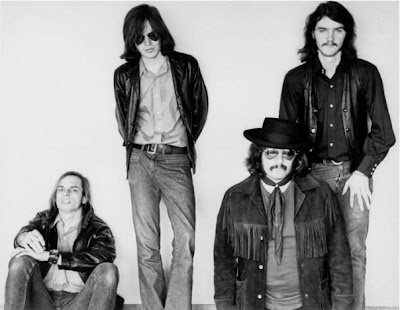







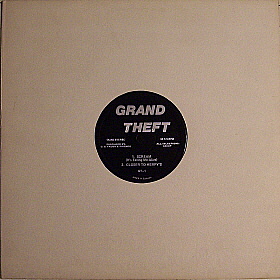

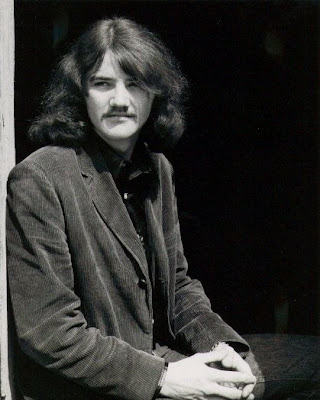

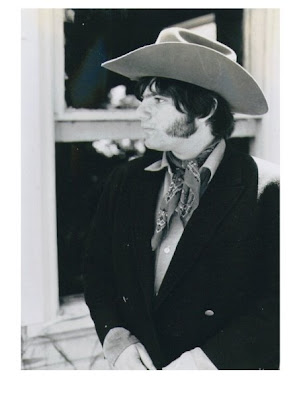

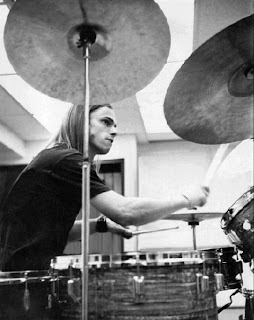
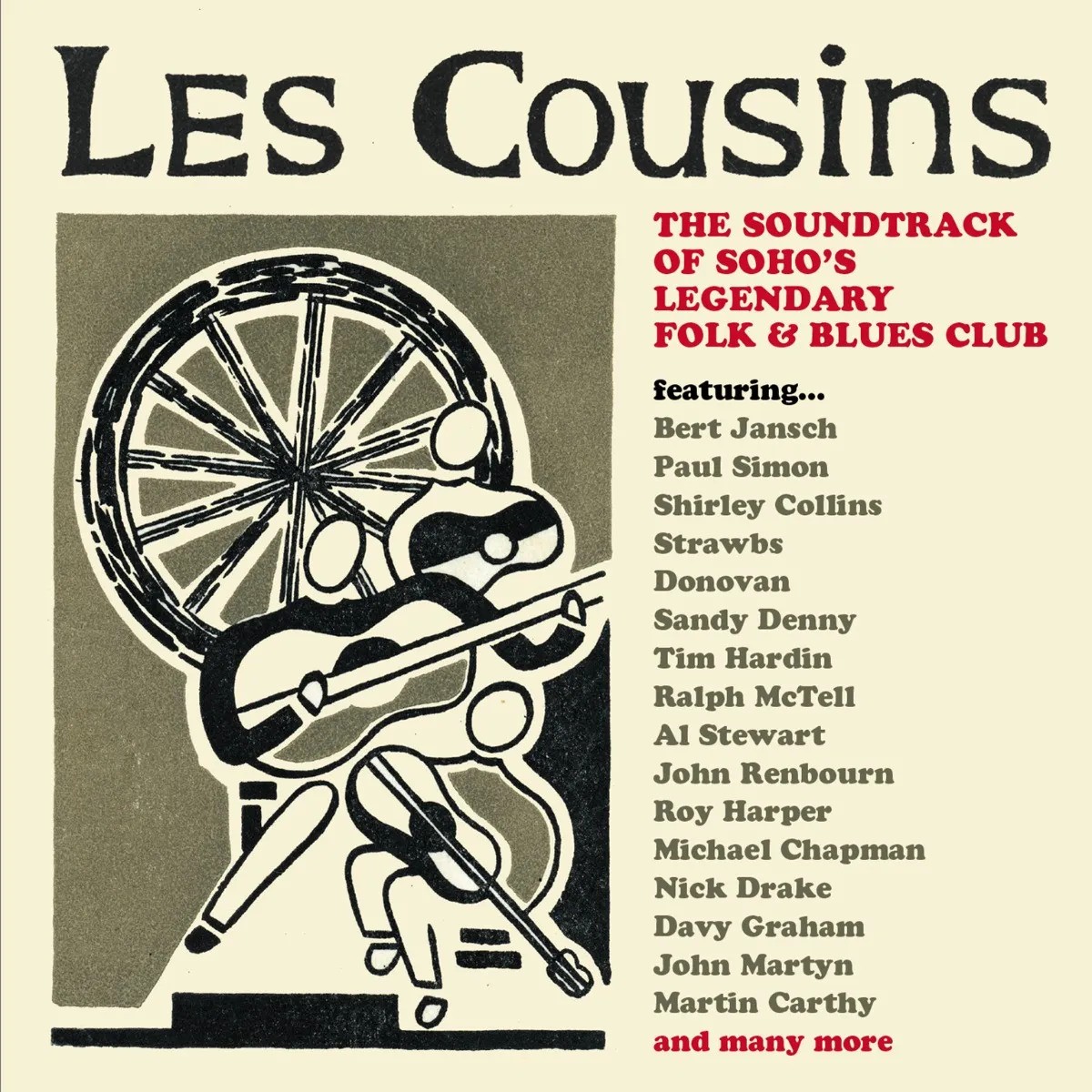
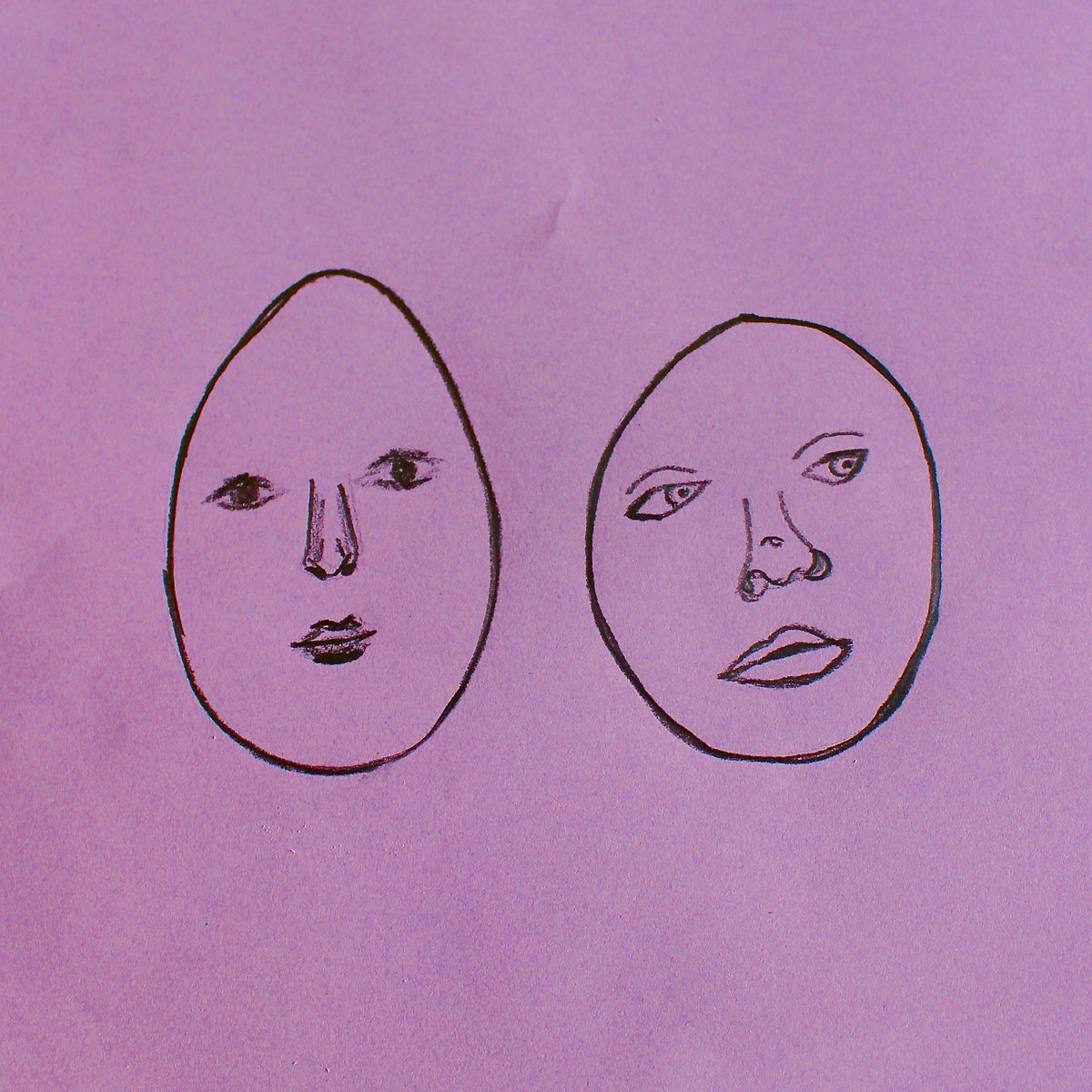
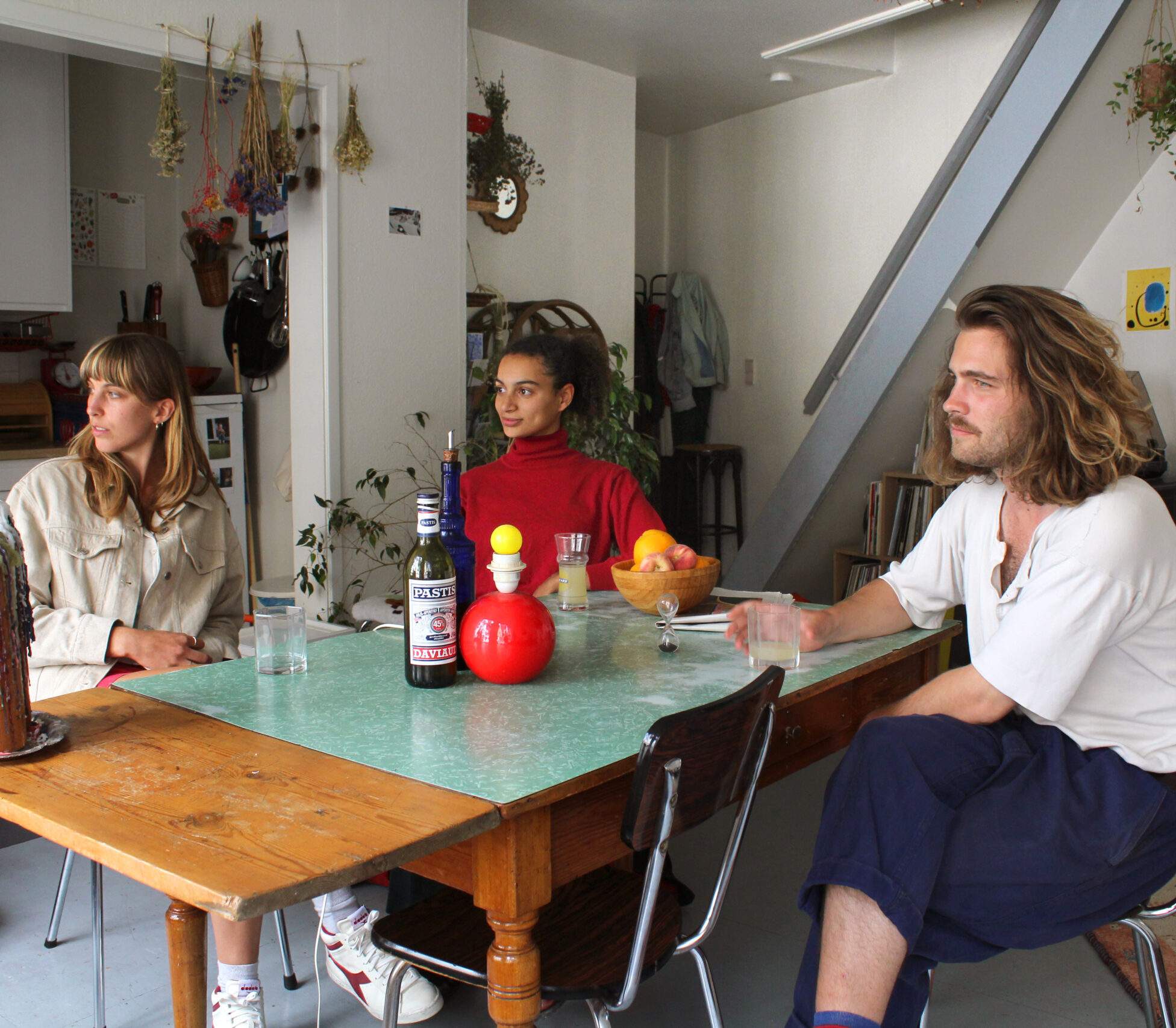
Great job, guys! 🙂
Grand Theft Rocks.. they should've taken that band more seriously cause the stuff they recorded is quite good.
Thanks Klem